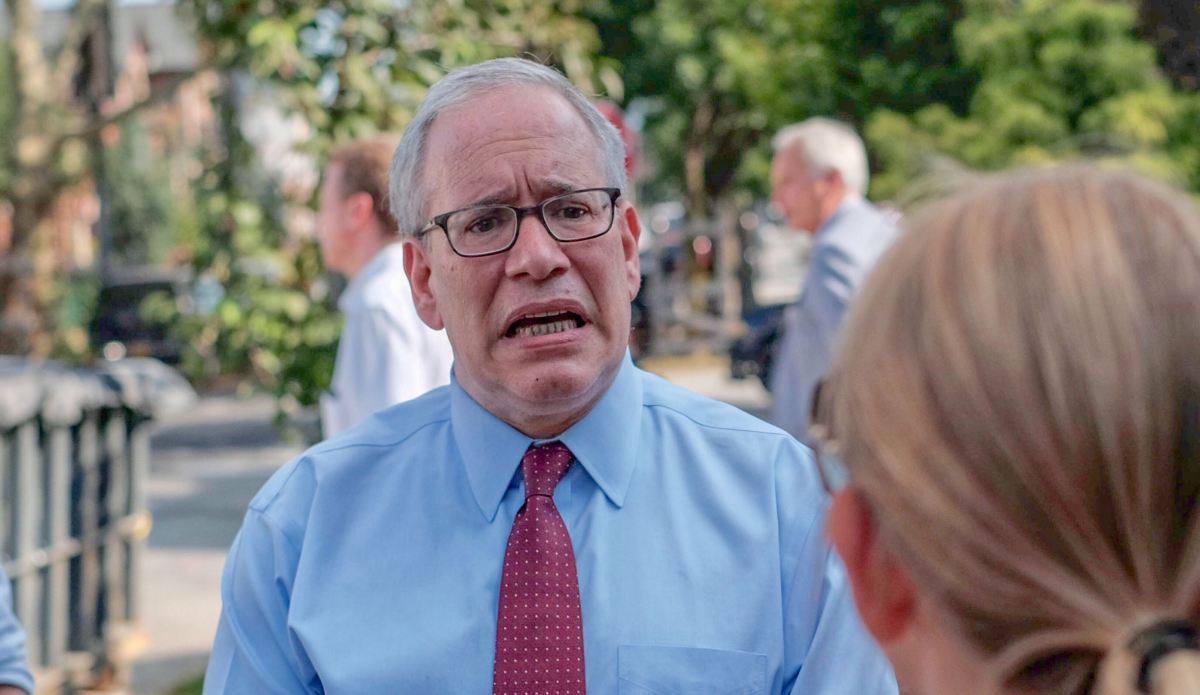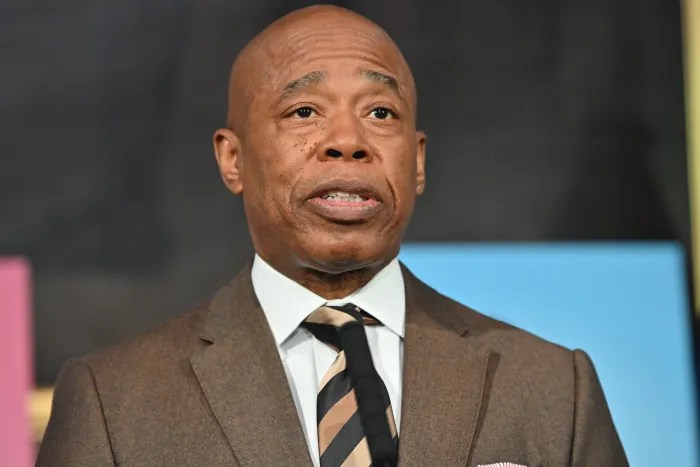The city doled out more than $20 billion in contracts to private businesses this fiscal year — but just 4.9 percent of those deals went to minority- or women-owned businesses, City Comptroller Scott Stringer announced Sunday.
Stringer revealed that figure in an audit of 32 city agencies that casts doubt on the de Blasio administration’s commitment to keeping the tax dollars local.
According to the report, the city had awarded $20.5 billion in bids this year, but only $1.007 billion of that went into the hands of companies with diversity at the core, or M/WBEs.
Believe it or not, this accounts for progress in city government, Stringer noted.
Stringer’s office has been keeping track of M/WBE contracts in city government for four years, offering letter grades to classify the city’s performance. In the 2019 fiscal year, Stringer gave the city a C grade for M/WBE contracts — up from a D+ last year.
But this seemingly insignificant improvement is sullied by a figure that shows just 17 percent of certified M/WBEs had been hired by the city when the registry of these businesses had expanded by more than 2,000 entities since last year.
“If we want a strong economy with real, local community wealth creation, we need an inclusive economy,” Stringer said. “Accountability leads to improvement – and while today’s report indicates modest progress by the city, we cannot rest on our laurels until all city agencies make the grade. We know that there is more work to be done to dismantle the systemic barriers M/WBEs face when navigating city procurement and contracting. We must do more to ensure that the M/WBE community has the tools, resources, and capacity to compete and thrive in our economy.”
In June, Mayor Bill de Blasio seemed to acknowledge barriers to hiring M/WBEs as the state legislature passed S6418A/A8407, which allowed the city to award discretionary funds of up to $500,000.
“With the help of State lawmakers and persistent advocacy from our minority and women entrepreneurs, we managed to once again expand economic opportunity for people who have historically been left out of our economy,” de Blasio said at the time. “A $500,000 discretionary award limit for minority and women entrepreneurs will strengthen our thriving economy and entrepreneurial backbone.”
But Stringer’s report surveyed M/WBEs and found that 69 percent of them were unsuccessful in obtaining contracts from city agencies, and of those companies that did receive contracts, 80 percent were paid over 30 days late for the work they completed.
Another 38 percent of M/WBEs were not even awarded procurement opportunities, according to the report.
Nevertheless, De Blasio found encouragement in at the SOMOS Puerto Rico conference on Nov. 7 when he announced that the city was $3.2 billion ahead of its goal of awarding $20 billion to certified M/WBEs between 2015 and 2025. The city raised it goal to $25 billion by 2025.



































